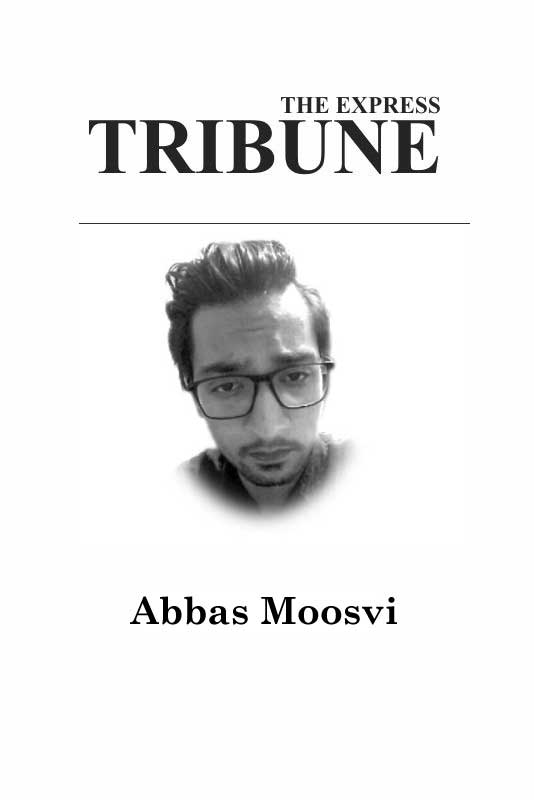Khan: anti-imperial or just anti-West?
It seems as though Khan, like Trump, was always reliant on impassioned rhetoric to get by
In the lead up to Imran Khan’s ouster by the joint opposition, rhetoric surrounding ‘foreign conspiracy’ proliferated within PTI ranks like wildfire. It was alleged that the West, particularly America, was rather unhappy with Khan following a series of impasses, including his non-aligned stance on the conflict in Ukraine, refusal to allow US military bases in Pakistan, and consistently critical commentary on Afghanistan. This is not to mention his open distaste for the ‘perverse’ culture of excessive freedom and individuality in the West that has purportedly fostered Islamophobia and a breakdown of the family structure — values that he believes, along with the new government, have been ‘imported’ to Pakistan.
All this has plunged the skipper into a sea of controversy, although his supporters — who have mobilised in massive numbers for street level protests — are hardly bothered. Instead, they perceive their leader as pursuing a truly independent foreign policy which at its core has the people’s interests. But is Khan truly the revolutionary anti-imperialist he is being made out to be? His three years and eight months in office suggest the contrary.
At the heart of every ‘civil society’ lies autonomous, independent unions: organised mechanisms meant to challenge power differentials between authorities and their subjects — whether at workplaces via labour unions or higher education institutions via student unions. Not only did the PTI do little to incubate and formalise these, it engaged in widespread crackdowns against them.
Next, a free media. Under the PTI, respectable journalists from across the political spectrum were coerced, silenced and harassed at every turn. Senior anchor Hamid Mir was forced off air for almost an entire year, Asad Ali Toor was viciously attacked in his own home, Matiullah Jan was abducted, and misogynistic troll armies were sent after dissident voices such as Asma Shirazi and Gharidah Farooqi. This is besides the more formal attempts to stifle speech through proposed rules and legislations such as the Citizens’ Protection Rules 2020.
The PTI consistently also maintained a hostility towards grassroots political movements fuelled by the organic grievances of marginalised communities, including women, transgendered individuals, ethnic peripheries, religious minorities, and the working class at large — all of which were dismissed on hand and their activists deemed foreign agents with vested interests. Ah, old habits!
Finally, the expansive network of donor agencies and international financial institutions continued to operate unabated during PTI’s tenure — and ministers were more than happy to allow foreign consultants a free hand in defining their socioeconomic policies in exchange for colossal loans and grants, most of which were captured by elites operating in the arena. If Khan was truly so concerned about external influences threatening Pakistan’s sovereignty, the question of why he refused to say a critical word about any of these ventures is of utmost importance for all thinking people.
It seems as though Khan, like Trump, was always reliant on impassioned rhetoric to get by. In the age of postmodernity, where empiricism is shunned — replaced by a perverse fixation around symbols, rituals, and vacuous performativity — all this makes sense. With the incentive structures of the media economy geared to promoting echo-chambers, it is only natural for leaders to be hyper focused around optics that appeal to base instincts instead of producing tangible results. If nothing means anything, then everything is justifiable. This also explains the prevalent atmosphere of popular politics around the world today, increasingly mimicking reality television in which ‘leaders’ are constantly one-upping each other like petulant children rather than nurturing structural reform.
The time has come for a new form of politics in Pakistan: a bottom-up, people-led initiative that thrusts to the fore the historic injustices committed by elites in the name of security and statecraft. None of the three mainstream political parties are equipped to fight that battle. Rather than looking to messianic figures for salvation, ordinary people must autonomously rise and reclaim what is rightfully theirs.
Published in The Express Tribune, April 19th, 2022.




